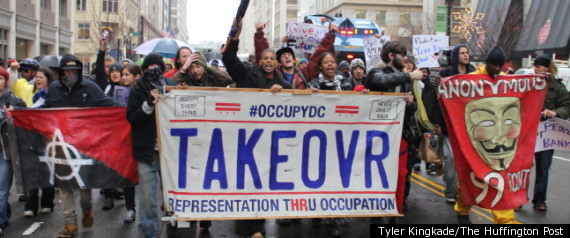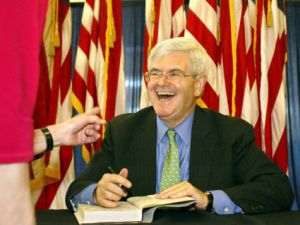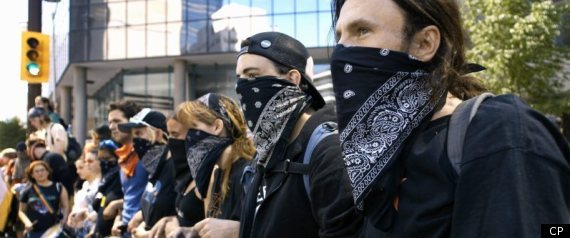Further to
Toby's post, the OECD report on inequality is well worth a careful read.
It bolsters, through careful empirical and cross-country analysis, two key arguments long advanced by the labour movement and progressive economists:
- Key trends in the labour market -- widening wage disparity between top earners and the rest, and the disproportionate growth of precarious jobs -- are the major driving force behind rising inequality of individual earnings which has in turn been a major force behind increased inequality of family incomes.
- The impact of growing earnings inequality on the distribution of family income has been compounded by major regressive changes to the redistributive role of the tax and transfer system.
"Globalization" is found to have played a lesser role -- though a link is drawn from greater competition and closer economic integration with developing countries to the erosion of pro-equality institutions (e.g. unions and collective bargaining) and policies (e.g. labour market regulation, and tax and transfer policies).
The report sees the "sociological" causes of inequality (the growth of single-parent families and the polarization between high and low income dual earner couples driven by "associative sorting" (or like marrying like) as relatively minor. This is important since it undermines an argument that the causes of rising inequality are largely beyond the reach of public policy.
It is ironic, though, that this OECD report (emanating from the employment and social policy side of the organization, DELSA) flags as the underlying causes of inequality precisely those policies which the economic side (ECO) advocated for so strenuously through at least the 1990s and much of the past decade as well.
OECD Country Reports dating back at least to the first OECD Jobs Study of the early 1990s are prepared by ECO and advocated "flexible" labour markets to generate jobs. The key argument was that employment growth required labour market de-regulation, and that we should not be too concerned if the jobs being created were insecure and poorly paid. Relatedly, reports advocated major cuts to unemployment insurance and welfare programs which were seen as needed to make wages flexible and to reduce taxes.
The OECD endorsed the draconian Liberal government cuts to social programs -- cuts to UI and cuts in transfers to the provinces to finance social assistance -- which are now seen as a key driving force of the surge in inequality in Canada which began in the mid-1990s. The OECD also raised no criticism of personal income tax changes which increased after tax income inequality, notably the cut from 75 per cent to 50 per cent of capital gains included in income tax.
Now they tell us that the Canadian tax/transfer system offsets only 40 per cent of any increase in market income inequality -- one of the lowest proportions in the OECD -- compared to 70 per cent in the mid-1990s when Canada's redistributive effort was at near Nordic levels!
The
OECD Country Note for Canada put out with the inequality report is a keeper, and should be kept close to hand by the OECD Economics Department and by all of the NDP leadership hopefuls (and Bob Rae too!)
First and foremost, it calls for "more and better jobs that offer good career prospects and a real chance to escape poverty."
It pretty explicitly calls for higher income taxes for the very affluent:
"The growing share of income going to top earners means that this group now has a greater capacity to pay taxes. In this context governments may re-examine the redistributive role of taxation to ensure that wealthier individuals contribute their fair share of the tax burden."
It calls for "well conceived income support policies" for lower income families -- which signals some support for spending more on top of increased investments in training.
And it calls for "freely accessible and high-quality public services, such as education, health and family care." (The OECD have actually long been critical of the lack of a coherent child-care and early learning program in Canada.)
Origin
Source: Rabble.ca  WASHINGTON -- At least 60 protesters were arrested on K Street NW, the historical lobbying hub of the nation's capital, as they blocked four key intersections, shutting down the street for much of the afternoon Wednesday.
WASHINGTON -- At least 60 protesters were arrested on K Street NW, the historical lobbying hub of the nation's capital, as they blocked four key intersections, shutting down the street for much of the afternoon Wednesday.






























